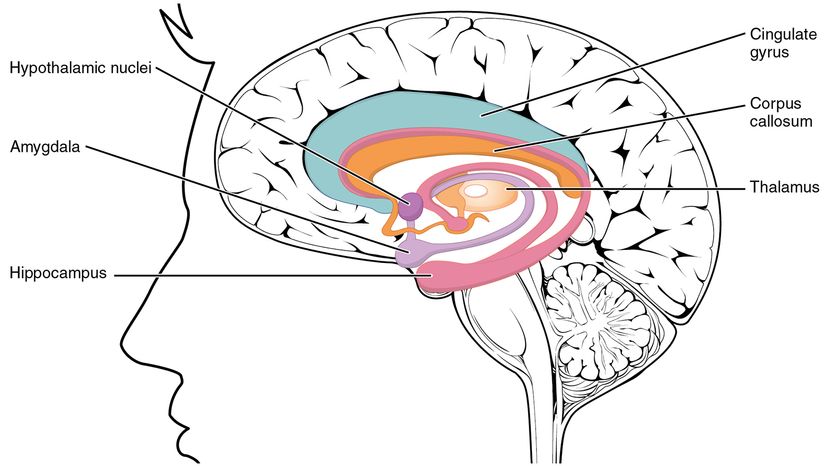
When the movie "Memento" came out in 2000, audiences were stunned by the innovative storytelling. The film centered on a protagonist with no long-term memory — every few minutes, he'd forget what he just learned, and director Christopher Nolan allowed the story to unfold in reverse chronological order. The movie was more than entertaining — the unique format gave viewers an opportunity to piece together information the same way they would if they themselves couldn't retain long-term memories, and it deepened the overall understanding of memory mechanisms in the brain.
"'Memento' simulates what it feels like to be a person who has suffered damage to the hippocampus that has obliterated the formation of long-term memories," study author Iiro P. Jääskeläinen said in a statement. "Even short-term memories last only for a couple of minutes before they are gone. The hippocampus also gets damaged — albeit to a lesser extent — in cases of severe and protracted stress as stress hormones gnaw the brain."
Advertisement
Brain nerds (which honestly, probably should be all of us) will know that the amygdala plays a major role in controlling fear and the cerebellum makes coordinated movement possible. But how does the hippocampus work and why does it play such a pivotal role in keeping our memories safe?

